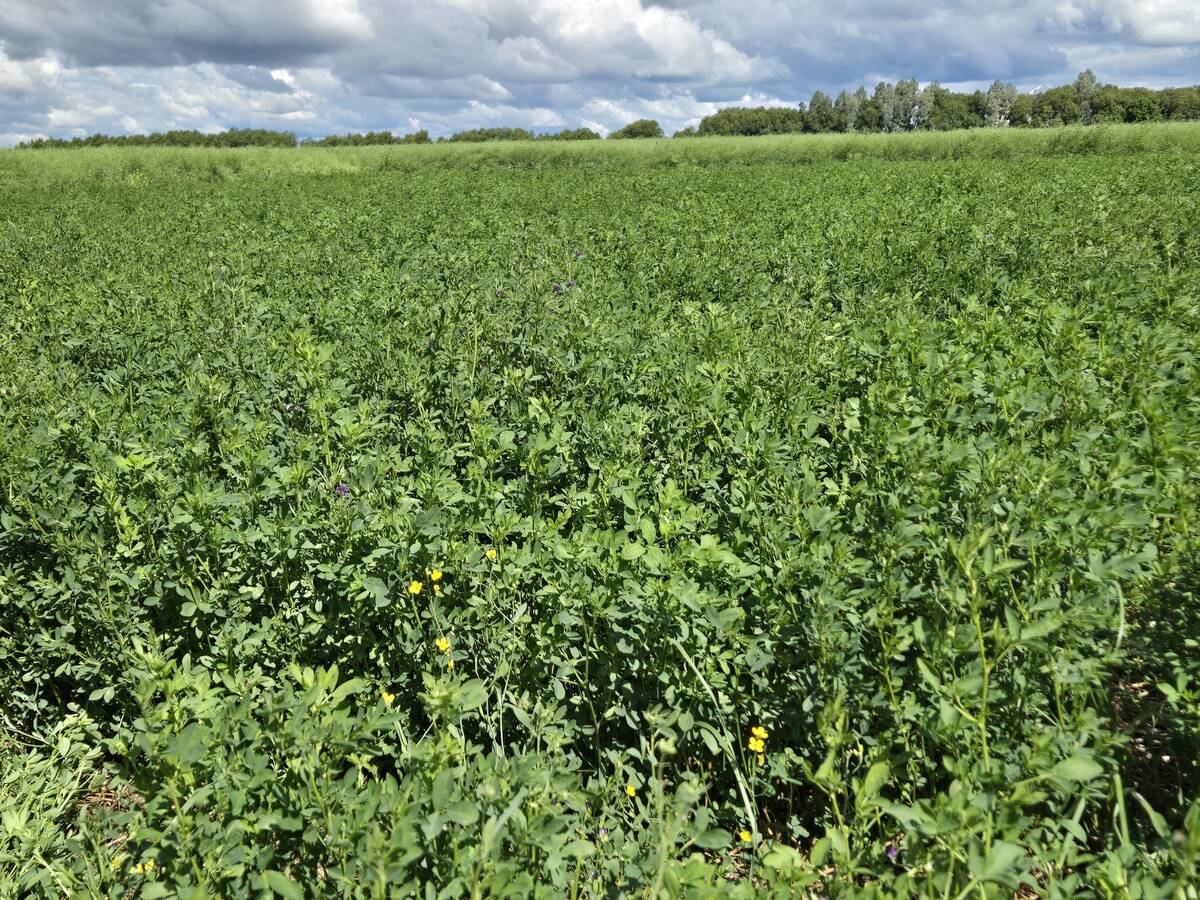WINNIPEG – As the new executive director of the Winnipeg-based Canadian Foodgrains Bank, Jim Cornelius has his work cut out for him.
A major challenge will be to build support for international food aid among the Canadian public.
“There is a fair degree of fatigue about overseas relief,” he said.
A certified management consultant, Cornelius has worked on international relief and development efforts for the past 15 years.
“As a consultant for so many years, I’ve spent most of my life convincing people to do what needs to be done,” said the former head of the Eritrea disaster mitigation project.
Read Also

Manitoba Parkland research station grapples with dry year
Drought conditions in northwestern Manitoba have forced researchers at the Parkland Crop Diversification Foundation to terminate some projects and reseed others.
His first major initiative is already under way.
During the next few months, the foodgrains bank plans to ship 15,000 tonnes of wheat and barley from across the Prairies to North Korea as part of a $4.5 million initiative.
The project is the culmination of more than a year’s work trying to convince the federal government to set aside politics and help the residents of the communist state.
“This is not a time for politics, it is a time for humanity,” Cornelius said. “The hungry six year olds there are not concerned about politics.”
Normally, the foodgrains bank can send food only to countries on a list approved by the Canadian International Development Agency. North Korea is not included.
“We had to make a special plea,” he said.
The food shortage in North Korea could surpass the widely publicized famine in Ethiopia, he said. Massive flooding two years ago has left the country’s 22 million people without enough food.
Because the country is a closed society, information on the number of deaths is scarce. Cornelius said the toll is anywhere from 25,000 to 100,000.
“We can conclude that this is an emergency situation that requires significant response.”
Cornelius said while the shipment from Canada will help, for a country in its second year of famine, it is more of a symbolic gesture.
“Relative to the total need this is only a drop in the bucket,” he said.
The initiative includes $3.6 million from CIDA with the rest coming from money raised by the food bank’s member church groups.
The grain is expected to leave the West Coast in early May and arrive in North Korea three weeks later.
Cornelius said foodgrains bank work reaches beyond shipping food to starving people. At least 40 percent of its projects are aimed at solutions.
















